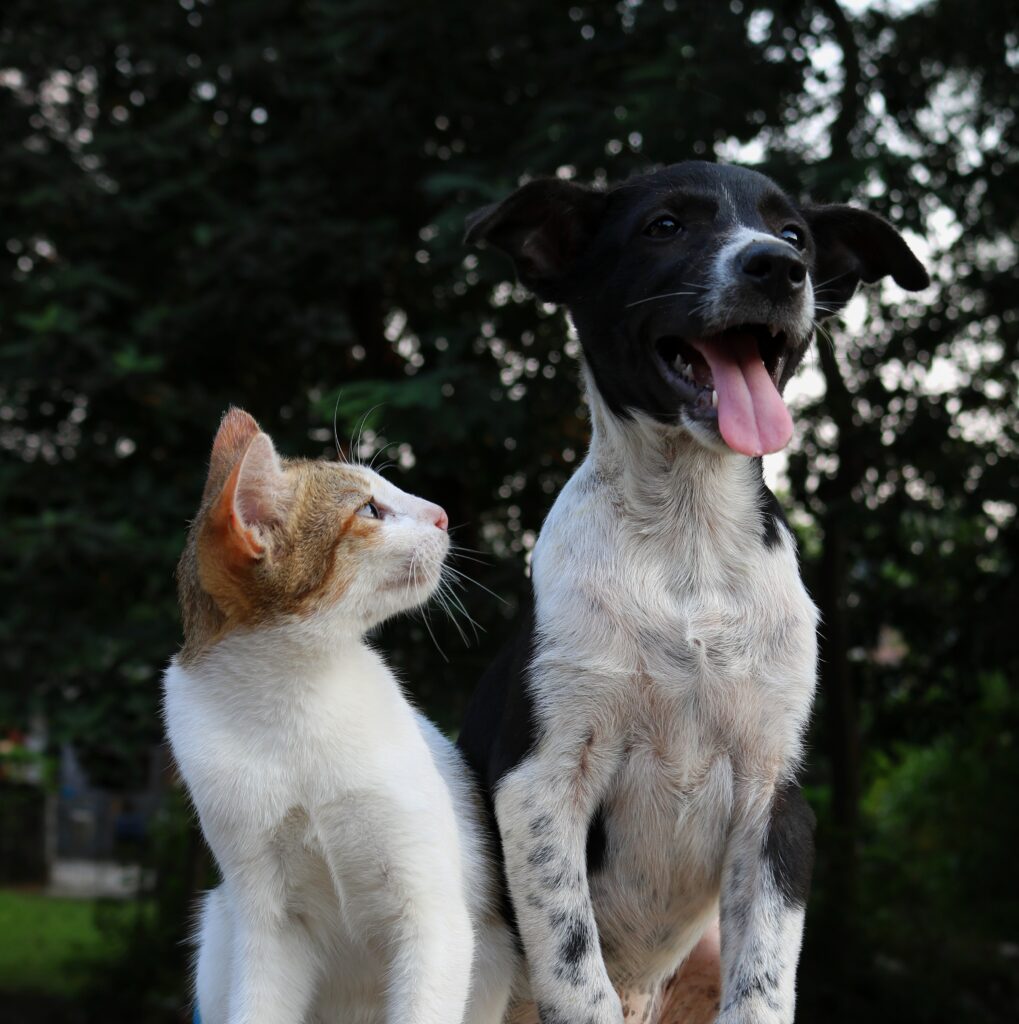Why Should We Avoid Feeding Sweet Products to Dogs and Cats???
Are you guilty of slipping your furry friend a sweet treat every now and then? While it may seem harmless, feeding sweet products to dogs and cats can have serious consequences on their health. From obesity to diabetes, the risks are real.
In this blog post, we’ll delve into why it’s important to avoid giving your pets sugary snacks and explore some safe alternatives that will keep them happy and healthy. So sit back, grab a cuppa (or bone broth), and let’s get started!
Avoid Feeding Sweet Products to Dogs and Cats
We should avoid feeding sweet products to dogs and cats for a few reasons. First, sweet foods can cause weight gain and obesity in pets, which can lead to health problems. Secondly, sugar can cause tooth decay and other dental problems. Finally, some sweeteners used in processed foods are toxic to pets.
Upset Stomach
While it may be tempting to share your dessert with your furry friend, it’s best to avoid giving them sweet treats. Dogs and cats can get an upset stomach from eating sweets, just like humans. Symptoms of an upset stomach in dogs and cats include vomiting, diarrhea, and abdominal pain. If your pet is experiencing any of these symptoms, please contact your veterinarian.

Toxicity
There are a few reasons why it’s best to avoid feeding sweet products to dogs and cats. For one, many sweeteners are toxic to pets. Xylitol, for example, is a sugar alcohol used in many sugar-free products and is safe for humans. However, it can cause hypoglycemia (low blood sugar), seizures, and liver failure in dogs and cats.
Additionally, even if a sweetener isn’t toxic, feeding your pet too much sugar can lead to obesity and other health problems. Pets who consume a lot of sugary foods are at risk for developing diabetes, just like humans. They may also experience weight gain, tooth decay, and other problems associated with being overweight.
Cavities
Cavities are one of the most common problems that can be caused by feeding sweet products to dogs and cats. When animals consume sugar, it creates an acidic environment in their mouths that can lead to the development of cavities. In addition, sugary foods can stick to teeth and provide a breeding ground for bacteria that can cause infections. For these reasons, it’s best to avoid giving sweet treats to your furry friends.
Weight Gain
Most people are aware that feeding their dog or cat too many sweets can lead to weight gain and obesity. However, many don’t realize just how dangerous it can be to their pet’s health. Sweet products, like candy, cake, and cookies, contain a lot of sugar and calories. Feeding these treats to your pet on a regular basis can cause them to put on extra weight, which can lead to a number of health problems.
Obesity is one of the most common health problems in dogs and cats. It can cause joint pain, respiratory problems, diabetes, and even shorten your pet’s life span. So it’s important to avoid feeding sweet treats to your furry friend. Instead, opt for healthy alternatives like fruits and vegetables. Your pet will still enjoy these snacks and they’ll be much better for their health in the long run!
Diabetes
Dogs and cats are not able to process sugar in the same way that humans can, which can lead to health problems if they consume too much. Sugar can cause obesity, diabetes, and other serious issues in pets. Even small amounts of sugar can have a negative impact on your pet’s health, so it’s important to avoid giving them sweet treats.
Metabolic Changes
When we think of feeding sweet products to our cats and dogs, we often think of it as a harmless treat. However, there are some serious metabolic changes that occur when animals consume sugar.
The first thing that happens is that sugar is converted to glucose in the liver. Glucose is then released into the bloodstream, where it is used for energy. However, if there is more glucose than the body needs, it is stored as fat.
Excess sugar consumption can also lead to insulin resistance, which is when the body becomes less sensitive to insulin. This can eventually lead to diabetes. Sugar can also cause inflammation throughout the body, which can lead to other health problems.
So, while feeding your pet a sweet treat may seem like a harmless gesture, there are actually some serious risks involved. It’s important to be aware of these risks before you give your pet any sugary snacks.

May be Dangerous in Larger Quantity
If you’re like most pet parents, you probably enjoy sharing the occasional treat with your furry friend. But before you do, it’s important to consider the potential risks. While a small amount of sugar is usually benign, too much can be dangerous for dogs and cats.
Sugar can lead to weight gain and obesity in pets, just as it does in humans. It can also cause or exacerbate diabetes and other health problems. In large quantities, sugar can even be toxic to pets. So if you’re going to share a sweet treat with your pet, be sure to do so in moderation.
Read More: FATTY ACIDS FOR DOGS-HELPFUL INFORMATION!
Final Notes
As stated earlier in this blog post, feeding sweet products to dogs and cats can cause them to develop health problems such as obesity, diabetes, and pancreatitis.
In addition, sweet products can also cause tooth decay. Therefore, it is important to avoid feeding sweet products to dogs and cats.


